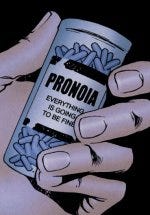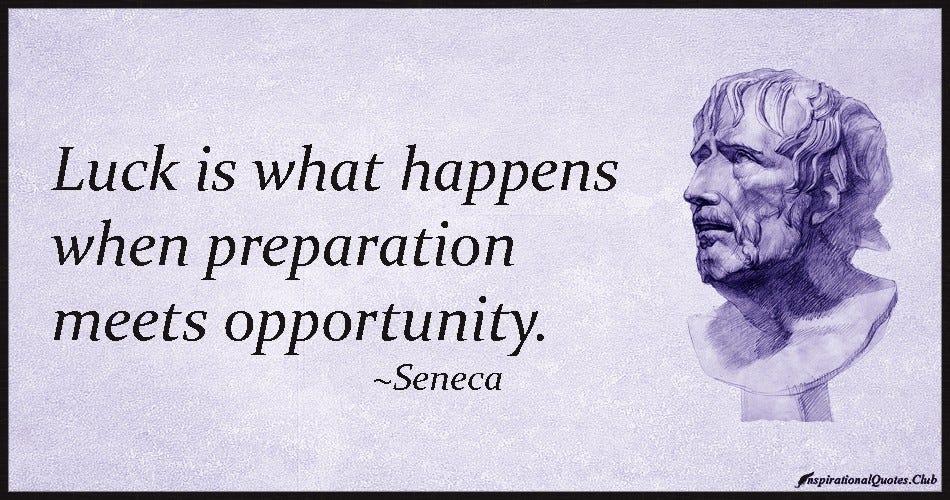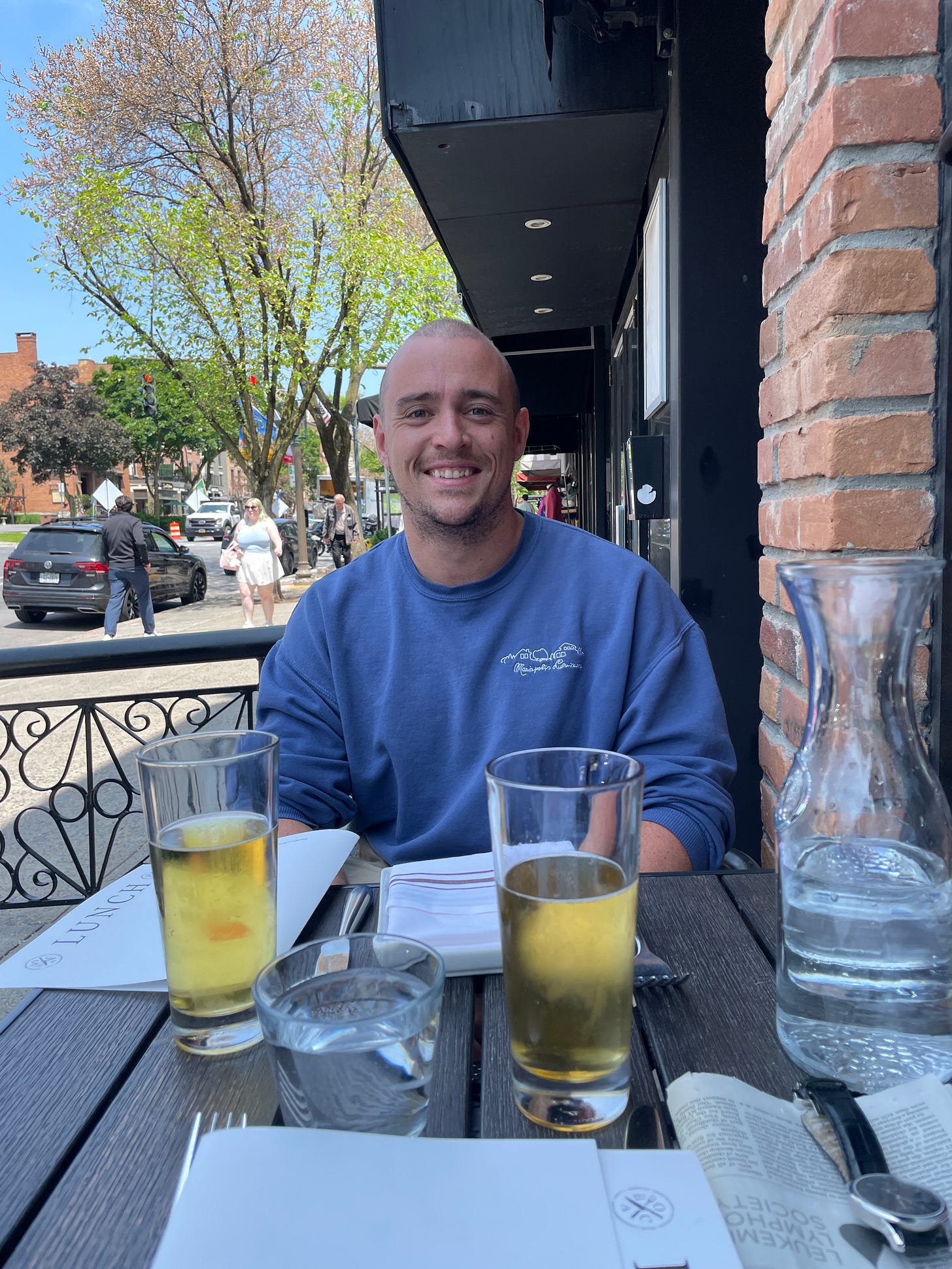Today’s newsletter is about a psychological concept called Pronoia.
Pronoia is the opposite of Paranoia.
Paranoia is the belief that other people are conspiring to hurt you or that the world is “out to get you.” (See the pyramid below showing the different ways that people experience paranoia)
On the other hand, pronoia is the idea that other people and the world at large want to benefit or help you.
Instead of ruminating on their mistakes, a pronoid person thinks about how people care for and appreciate them while lying in bed at night.
The term pronoia was coined by Professor Fred Goldner in a 1982 paper.
According to Goldner, pronoia has a negative component as it involves delusional beliefs about our place in the world.
Another paper published the following year provides an even more negative assessment of pronoia, describing it as:
“A form of denial that protects the fragile person's self-esteem from criticism and rejection.
It can arise from persistently grandiose thinking in a narcissistic personality.”
Ouch.
According to this view, the world is so complex and difficult to understand that people unconsciously seek simplifying frameworks to make sense of it.
From this perspective, both the paranoid person and the pronoid person use frameworks for understanding the world.
Why: it helps them navigate and find meaning (whether it’s good or bad) in this highly complicated and often meaningless world.
According to this understanding of pronoia & paranoia, both of these people hold inaccurate beliefs…
However, one of them hurts the person’s self-esteem while the other boosts it.
Not everyone agrees that pronoia is a bad thing, though.
Psychology professor Richard Wiseman, who wrote a book about luck, said that he found in his research that there are lucky and unlucky people in life.
The lucky people “are always in the right place at the right time,” whereas unlucky people find themselves in the opposite situation.
According to (the aptly named) Professor Wiseman:
“I think a big part of [what makes people lucky]… is the way in which they’re thinking and where they’re behaving.”
According to Wiseman, research shows that people who believe lucky things happen to them typically do better in life than people who believe they're unlucky.
Ancient philosophers like Seneca the Younger reflected on this issue nearly two thousand years ago, offering a similar conclusion:
I also like the phrase “fortune favors the bold” to illustrate the principle that what we often think of as luck is a self-fulfilling prophecy.
If you put yourself out there and into situations where good things can happen, they (eventually) will happen.
In my opinion, our personal perception of our own luckiness is tied to self-esteem.
Especially for people who tend toward self-criticism, it’s important to remind ourselves that we can often make our own luck in life.
We can’t choose or change the circumstances we’re born into, but we can change how we respond to new circumstances.
And thinking — or believing — that we’re lucky can help with that by reminding us that good things happen for a reason.
LEARN MORE:
This is a fantastic 5-minute video about how the speaker Lena Köninger, consciously tried to cultivate pronoia.
She starts by saying that when she asked her friends what her greatest weakness is, they all said that she cares too much about what other people think about her.
She would lie in bed replaying a negative comment someone made while ignoring all the positive comments she received.
After beginning to consciously practice pronoia, she would actively try to replay the positive comments in her head when she was lying in bed at night.
She also imagined people saying nice things about her behind her back.
She said it felt weird at first, but over time it has helped her to stop worrying about what other people think and to become more engaged and proactive in the world.
HEY!
Thanks for reading the Daily Concept.
I love writing this newsletter, but I rely on paid subscriptions to keep it going.
If you’ve been reading for a while, please consider a paid monthly subscription for just $6. It helps me financially and ensures that I can continue investing more time in new projects like video content on the Daily Concept YouTube page.
Check out the picture below to see how happy each new paid subscription makes me.
My sincere thanks,
Dr. Dan Smith
Founder & Editor-in-Chief of The Daily Concept














I’ve always found it funny how easily people dismiss optimism as naive, but totally accept paranoia as “realistic.” As if assuming the world’s out to get you is somehow more rational than believing it might be on your side.
Pronoia makes sense to me not because I think the universe is rigged for me, but because believing it might be,even just a little,changes how I show up. I smile more. I talk to strangers. I try the thing instead of talking myself out of it. And yeah, more good things seem to happen.
I don’t think it’s magical thinking. It’s more like: when you stop expecting rejection, you notice opportunity. When you assume people might want to help, you actually ask.
So maybe the point isn’t whether pronoia is “true.” Maybe the point is it gets you to live like life is worth leaning into.
I'll be buying you gallons of coffee when I can afford it! Love the art & this newsletter